Only collect additional taxes from businesses that have made dishonest declarations in the past.
Informing the press, Mr. Mai Son - Deputy Director of the Tax Department ( Ministry of Finance ) said that the tax authority does not have a policy of collecting taxes from previous periods for businesses that comply well. The increase in declared revenue after using electronic invoices is not a basis for the tax industry to collect taxes.
For example, if a business household starts using electronic invoices generated from cash registers from June 2025 and its declared revenue increases, the tax authority will only adjust the tax payable for the following periods (from July), based on the actual revenue generated.
"There is absolutely no collection for previous months such as May or the first months of the year," Mr. Mai Son affirmed.
According to the Deputy Director of the Tax Department, tax collection only occurs when the tax authority has valid evidence that the business household has had business activities but did not declare or declared dishonestly in the past.
For example, a business household registers as a grocery store but in reality has online sales activities on e-commerce platforms with very large revenue. When the tax authority scans and verifies the actual cash flow from these activities, they have a solid legal basis to collect the tax that was missed in previous tax periods.
In these cases, the collection is due to previously unreported business activities, not due to the application of automatic electronic invoices increasing sales. This issue requires tax officials to clearly explain the reason to the business household if it is subject to collection.
Electronic invoices bring many advantages and significant support to businesses.
The Tax Department's leaders also emphasized that electronic invoices are a core element in the process of modernizing tax work in Vietnam, bringing many advantages and significant support to businesses.
According to Clause 4, Article 13, Circular 40/2021 of the Ministry of Finance guiding on value added tax, personal income tax and tax management for business households and individual businesses, if the lump-sum revenue changes by 50% or more compared to the lump-sum revenue, the lump-sum tax rate will be adjusted from the time of change in the tax year. Therefore, when issuing electronic invoices, if the revenue increases or decreases by 50% or more, there will be an adjustment according to that increase or decrease.
In addition, the electronic invoice system allows calculations based on actual revenue each month.
For example, if this month's revenue is 100 million VND, next month's is 120 million VND, and the month after that is difficult and only 10 million VND, the calculation will be based on these actual numbers. This is considered a superior advantage, allowing businesses to only pay taxes when they make a profit.
In contrast, with lump-sum tax, business households still have to pay tax at the fixed rate whether they make a profit or not. This makes e-invoices a more transparent and fair tool in determining tax obligations.
The tax sector identifies electronic invoices as a pillar of the tax modernization process, helping the tax sector adapt to reality and better support taxpayers.
Along with other electronic applications, e-invoices have contributed to the transformation from businesses having to queue at tax offices to declare and settle taxes to being able to sit at home 24/7 to perform tasks such as tax refunds, tax declarations and tax payments...
Using electronic invoices creates a favorable and fair business environment.
According to Mr. Mai Son, the process of implementing electronic invoices and the entire new system is like building a house, initially there will be difficulties and "mess". However, when completed, it will create a more transparent, favorable and fair business environment for everyone.
Business households with annual revenue of VND 1 billion or more that pay taxes by declaration or by lump-sum method, but use cash registers at retail points of sale of goods and provision of services, will have to generate electronic invoices directly from the cash register, connected to the tax authority from June 1, 2025.
This is one of the main contents of Decree 70/2025 amending and supplementing a number of articles of Decree 123/2020 regulating invoices and documents, which has just been issued by the Government and is considered an inevitable step to help business households make transactions transparent, facilitate management and create conditions for market expansion in the future.
According to the tax authority, nationwide there are 37,576 business households required to implement electronic invoices generated from cash registers, accounting for about 1% of the total of more than 3.6 million business households.
However, many small businesses that are not even subject to regulation have chosen to temporarily suspend operations due to concerns or misunderstandings that all must deploy cash register technology, which means changing processes, increasing investment costs, and being subject to close supervision.
According to data from the Tax Department of Region 2, in May 2025, when the authorities stepped up preparations to implement Decree 70, 3,763 business households in Ho Chi Minh City stopped operating or closed.
However, only 440 of these households, accounting for 3.18%, have revenue of over 1 billion VND and are required to use electronic invoices generated from cash registers. This shows that the majority of households that have temporarily suspended business are not in the group required to apply electronic invoices generated from cash registers according to regulations.
Encourage households to convert to micro-enterprise models to enjoy full support policies.
Mr. Mai Son stated that the Tax Department aims to manage through invoices, but in fact it is managing cash flow, to ensure transparency and fairness for all business activities, whether it is an enterprise, a business household or an individual business.
With contracted households, the tax authority determines the revenue and tax levels based on legal basis from the beginning of the year, and rarely receives policy support, because in essence there is an "agreement" between the two parties based on the household's and the tax authority's data, along with an assessment mechanism to determine the revenue and tax levels.
This tax rate has been applied for decades and has not changed – even when businesses use electronic invoices, the rate policy for each industry has not been adjusted. Therefore, support is very difficult, because it is impossible to apply a fixed rate of support. Therefore, the tax authority is encouraging households to convert to a micro-enterprise model to fully enjoy support policies.
In fact, recent comments from business households and press agencies show that there needs to be an extremely simple accounting and management system for business households.
Therefore, the tax authority is aiming for a system where businesses only need to enter simple data to immediately generate reports and business results. Using it does not require specialized training or hiring an accountant.
''Currently, the tax authority is implementing the program with a group of business households with revenue of over 1 billion VND/year. Of these 100,000 households, more than half have declared and used electronic invoices before, so only about 37,000 households are the group being implemented,'' said Mr. Mai Son.
Regarding the implementation of electronic invoices for businesses with revenue of over 1 billion VND/year, Mr. Mai Son said that about 37 thousand tax officials directly went to each business household and each unit, worked with technology solution providers, and found the most suitable solutions to support businesses to operate the system reasonably, minimize costs, ensure normal production and business activities, accumulate, and be able to support workers.
Currently, the tax authority is researching and consulting on policy adjustments in the direction of creating favorable conditions for business households to be able to convert to enterprises in a simple and less cumbersome manner.
Because in reality in many countries there is no longer the form of "household business", but there are models of micro-enterprises - which can be private enterprises, with separate and clearer accounting. "This is an international practice that we are learning to apply appropriately to the context of Vietnam" - Mr. Mai Son said.
Source: https://baophapluat.vn/ho-kinh-doanh-co-bi-truy-thu-khi-ap-dung-hoa-don-dien-tu-post552270.html


![[Photo] General Secretary To Lam works with the Standing Committee of Quang Binh and Quang Tri Provincial Party Committees](https://vphoto.vietnam.vn/thumb/1200x675/vietnam/resource/IMAGE/2025/6/25/6acdc70e139d44beaef4133fefbe2c7f)

![[Photo] More than 124,000 candidates in Hanoi complete procedures for the 2025 High School Graduation Exam](https://vphoto.vietnam.vn/thumb/1200x675/vietnam/resource/IMAGE/2025/6/25/fa62985b10464d6a943b58699098ae3f)

![[Photo] First training session in preparation for the parade to celebrate the 80th anniversary of National Day, September 2nd](https://vphoto.vietnam.vn/thumb/1200x675/vietnam/resource/IMAGE/2025/6/25/ebf0364280904c019e24ade59fb08b18)



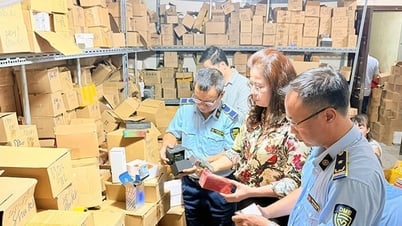


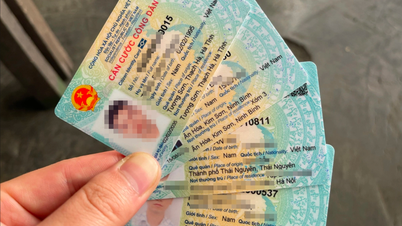
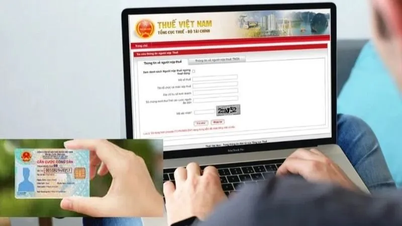



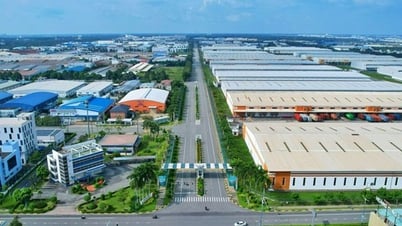

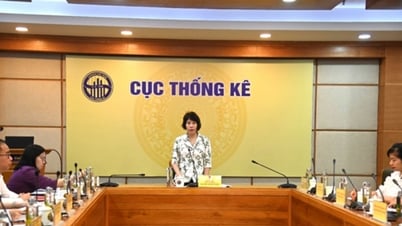
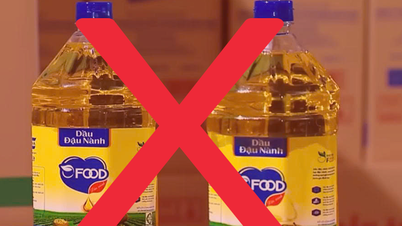











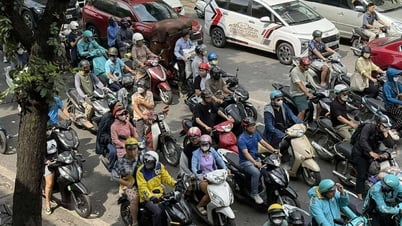
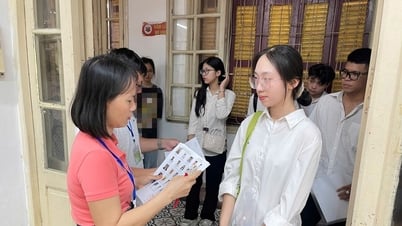
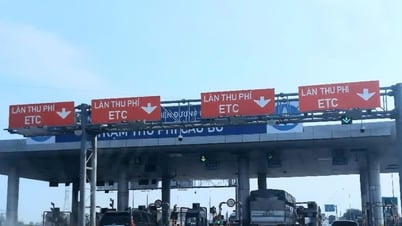





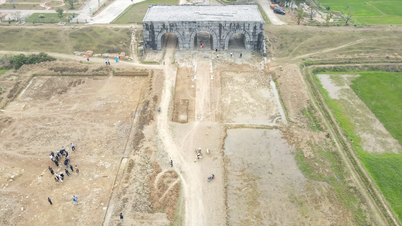








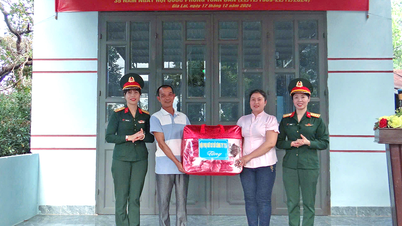






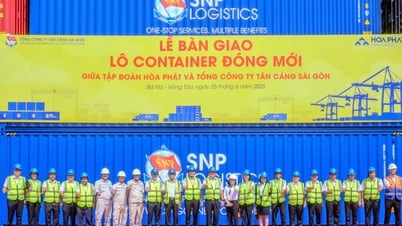

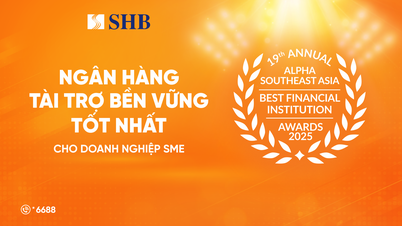






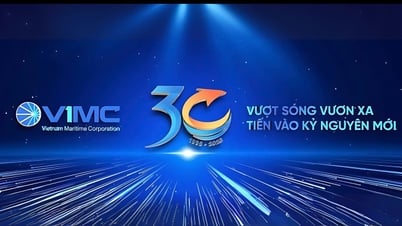

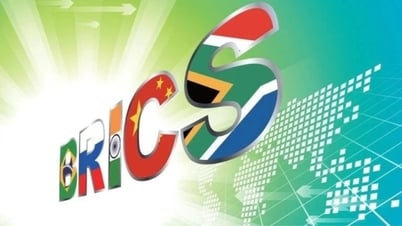









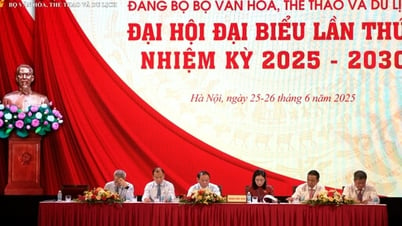

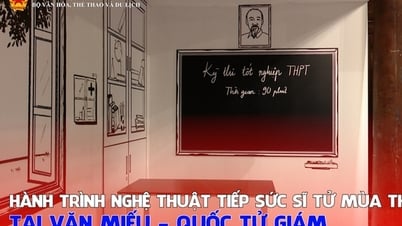
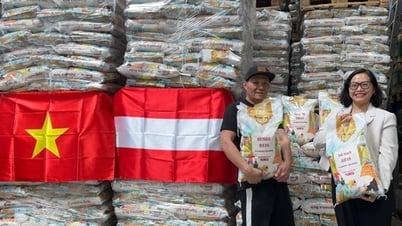



























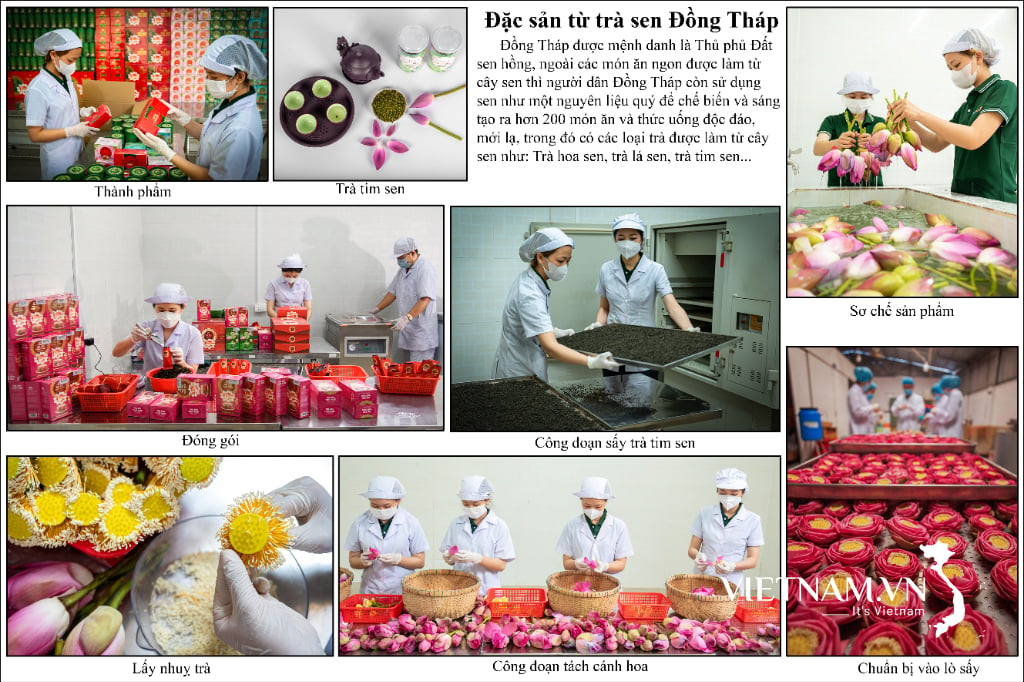

Comment (0)